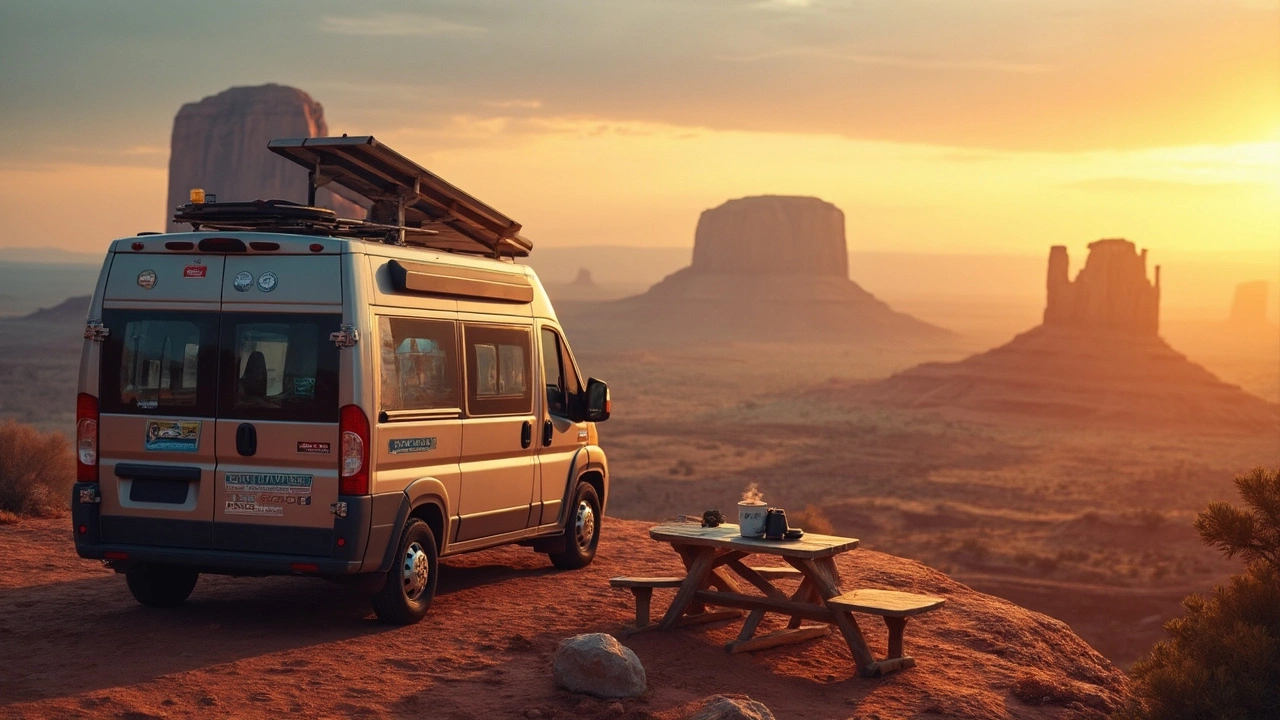Campervan Travel – Your Go‑to Guide for Freedom on the Road
Thinking about hitting the road in a campervan? You’re not alone. More people are swapping hotels for a vehicle that doubles as a bedroom, kitchen and bathroom. The good news? You don’t need a degree in engineering to enjoy the ride. In this guide we’ll break down the basics you need to start, from power solutions to the rules that keep you safe.
Essential Gear & Power Solutions
One of the biggest worries for new van‑lifers is staying powered up. A portable power station is a simple answer. Look for a unit that can run a fridge, phone chargers and a few lights for at least 8‑10 hours. Lithium batteries are lighter and charge faster than old‑school lead‑acid models.
If you like solar, a 100‑watt panel mounted on the roof can top‑up your battery while you sleep. Combine it with a good MPPT controller and you’ll rarely need a plug‑in at a campsite. For short trips, a small gasoline generator can be a backup, but keep it outside the van and let it cool before storing.
Don’t forget the little things: a few USB‑C cables, a sturdy extension cord, and a set of adapters for the UK 13‑amp hookup. Knowing which plug you need (usually a 13‑amp IEC C13) saves you a lot of frustration at the site.
Legal Stuff & Safe Driving
Driving a campervan feels different from a regular car – it’s heavier, taller and you have to think about where you sit. In the UK the driver’s seat is the only one you can legally sit in while the vehicle is moving. Passengers must be buckled in the front passenger seat or a designated rear seat with a compliant seat‑belt.
Walking around the van while it’s moving is a common temptation, but the law says you can’t be unsecured. If you need to get something from the kitchen, pull over safely first. It keeps you from a fine and, more importantly, from an accident.
Each region has its own wild‑camping rules. In England you can pitch on “open countryside” if you have landowner permission, but Scotland lets you camp for up to 24 hours on most land. Always check local signs and respect private property – a quick chat with a farmer can save you a night of stress.
Finally, think about waste. Most campsites provide a sewage dump point, but if you’re boondocking, you’ll need a portable toilet and a waste tank. Empty it at a proper facility when you can. Keeping your van clean and your waste proper is the easiest way to stay welcome.
Ready to plan your first trip? Start by picking a route that matches your comfort level – short loops around Nottinghamshire are perfect for beginners. Use a free mapping app, mark fuel stops and note where you can hook up to electricity.
Remember, the best part of campervan travel is flexibility. You choose the pace, the stops and the scenery. With a reliable power set‑up, a clear idea of the rules, and a bit of common sense, you’ll spend more time enjoying the road and less time worrying about it.
So grab a map, pack the essentials, and hit the highway. Your adventure starts the moment you turn the key.
